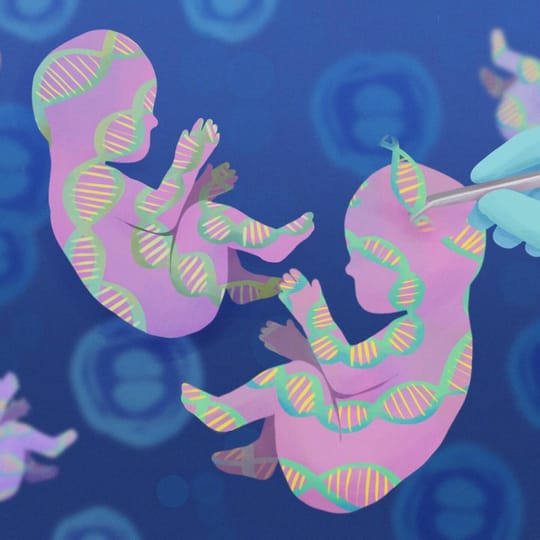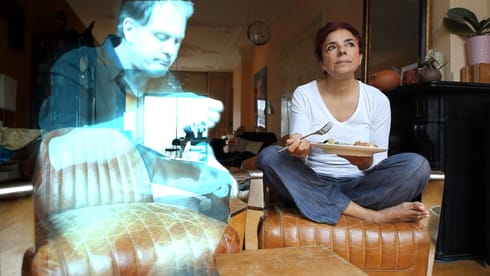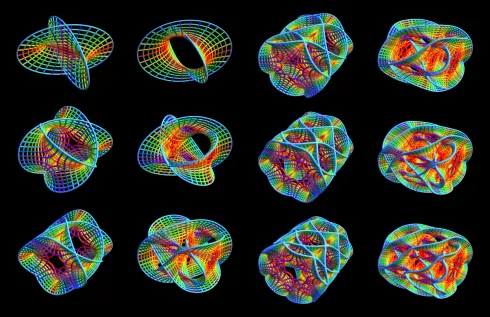
CRISPR Technology's Implication on "Gattaca" Reality
By Bhanu Sontela
In the 1997 movie "Gattaca", genetic engineering shapes society so that only "perfect" people prosper and those who are born naturally are left behind. Today, this scenario is becoming a reality because of the gene-editing technique CRISPR-Cas9, which holds promise for treating illnesses including sickle cell anemia and genetic blindness.
CRISPR presents serious ethical issues in addition to its amazing medical advantages. There is a class difference in "Gattaca" due to genetically modifying people for characteristics like IQ. Inequality may result from parents selecting attributes like height or IQ in the future thanks to CRISPR.
“CRISPR holds great potential, but we have to be careful," said Fiona Sun, a sophomore at Irvine High School. “If it falls into the wrong hands, it could create a world where the wealthy and powerful are the only ones who can afford to 'improve' their children."
Similar to "Gattaca", where the unaltered are discriminated against, this technology might be easily abused. A new kind of genetic split could be produced if CRISPR is utilized for upgrades, leaving many people behind.
“While CRISPR offers hope for treating genetic diseases, I believe it also threatens to widen the gap between those who can access genetic advantages and those who cannot”, a junior at Irvine High School, Mannat Virk said. “I feel like without proper regulation, CRISPR could go from being a medical breakthrough to another way of creating an unfair, divided society."
CRISPR has a lot of potential, but some hazards need to be considered. Like the world in "Gattaca", it might become a tool for inequity if it is not properly regulated. The responsible use of gene editing is essential to its future.



